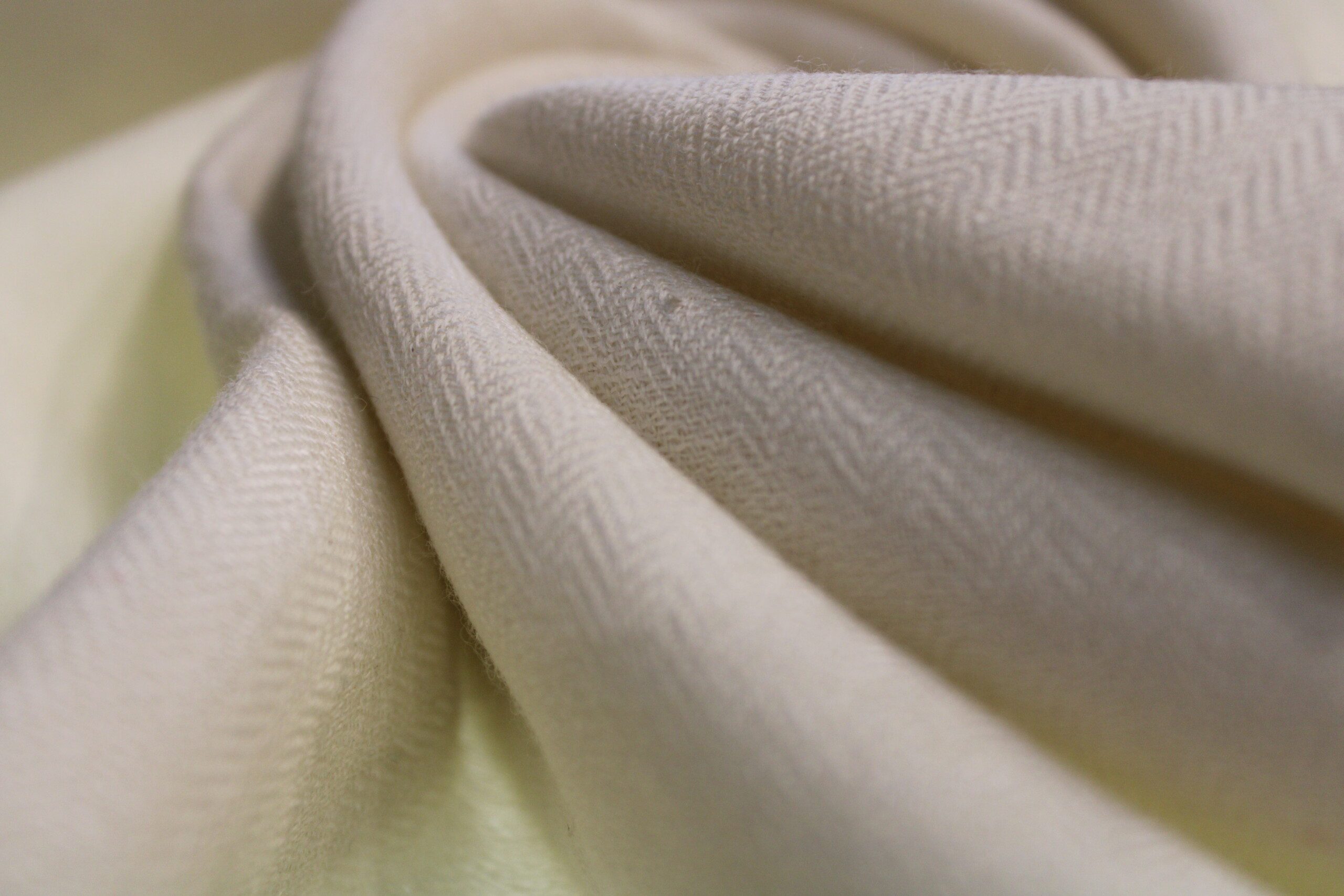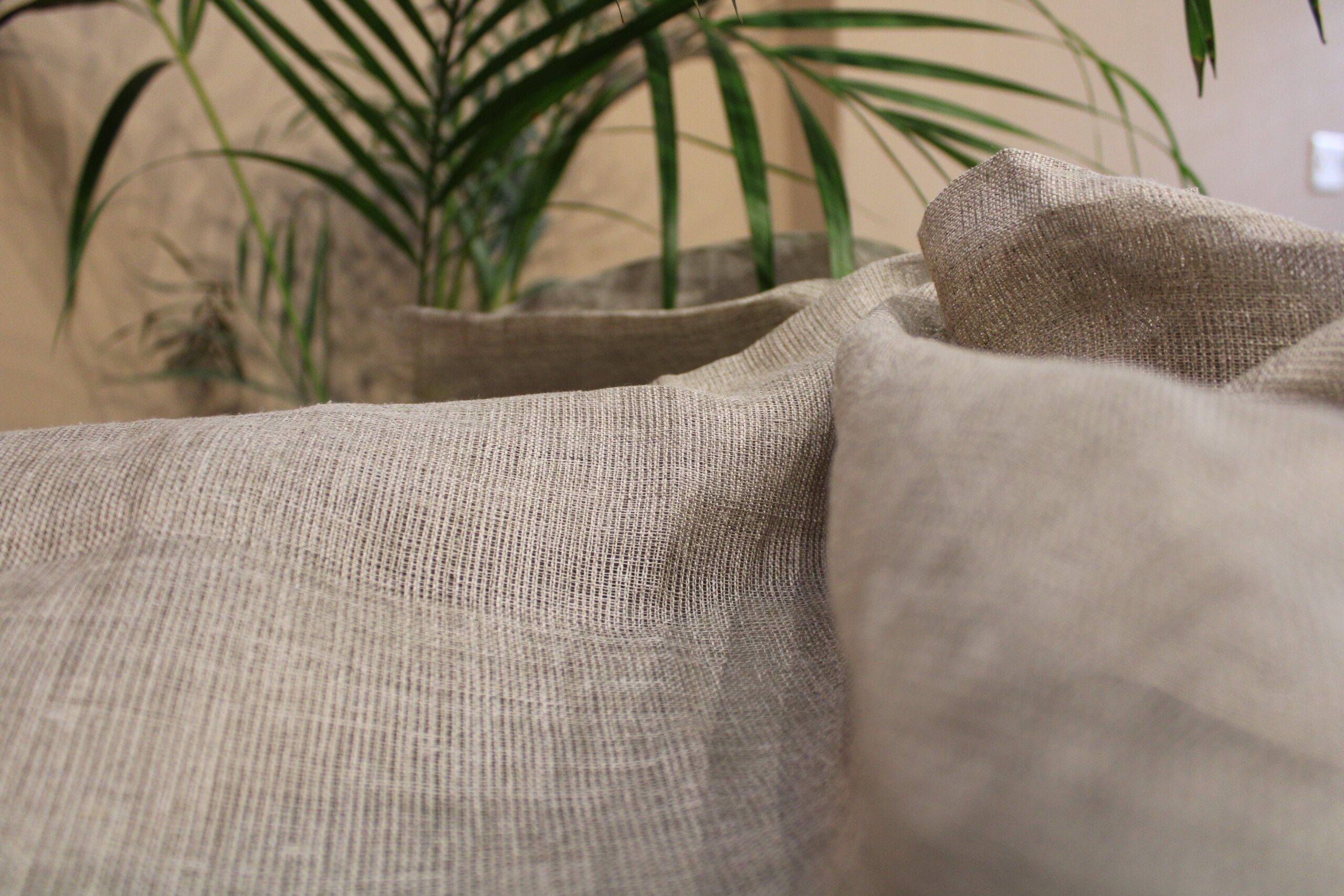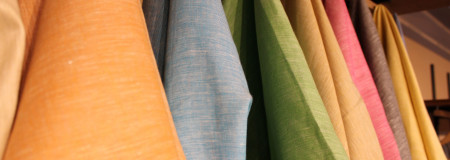Hemp Fabrics
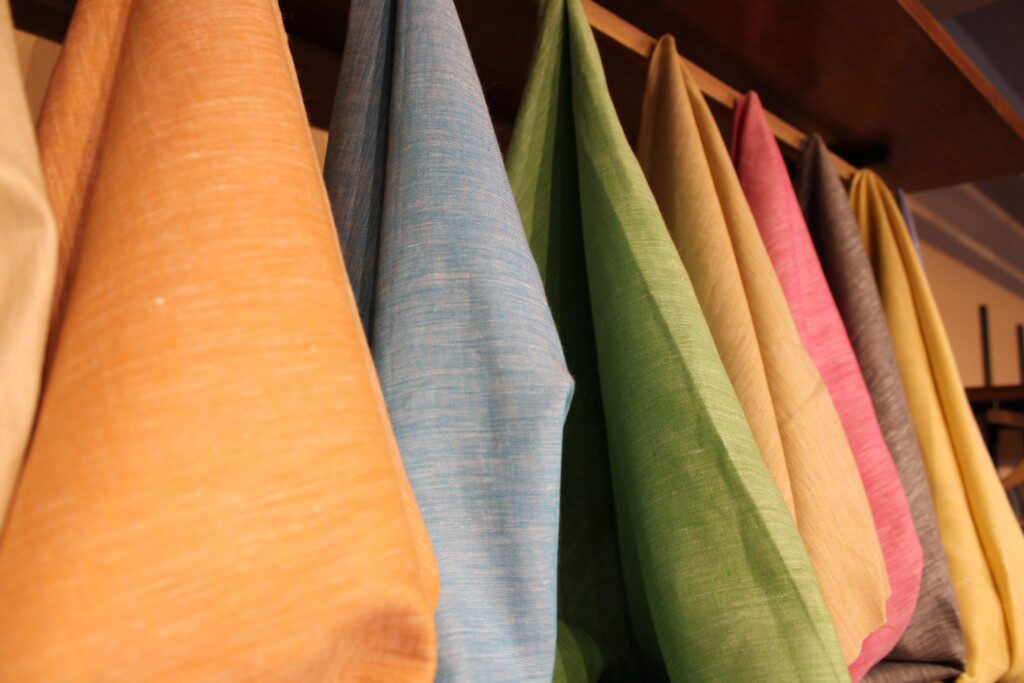
Eco-friendly, Durable, and Crafted with Care
Premium Hemp Fabrics for Sustainable Living
The future of fashion isn’t in chemical-laden materials. It’s in sustainability. Hemp is leading the charge, and our fabrics embody this movement.
But they’re not just materials. They are a testament to a commitment to a better, cleaner planet. When you choose our hemp fabrics, you’re choosing more than eco-consciousness. You’re supporting something that’s bigger, better, and built to last.
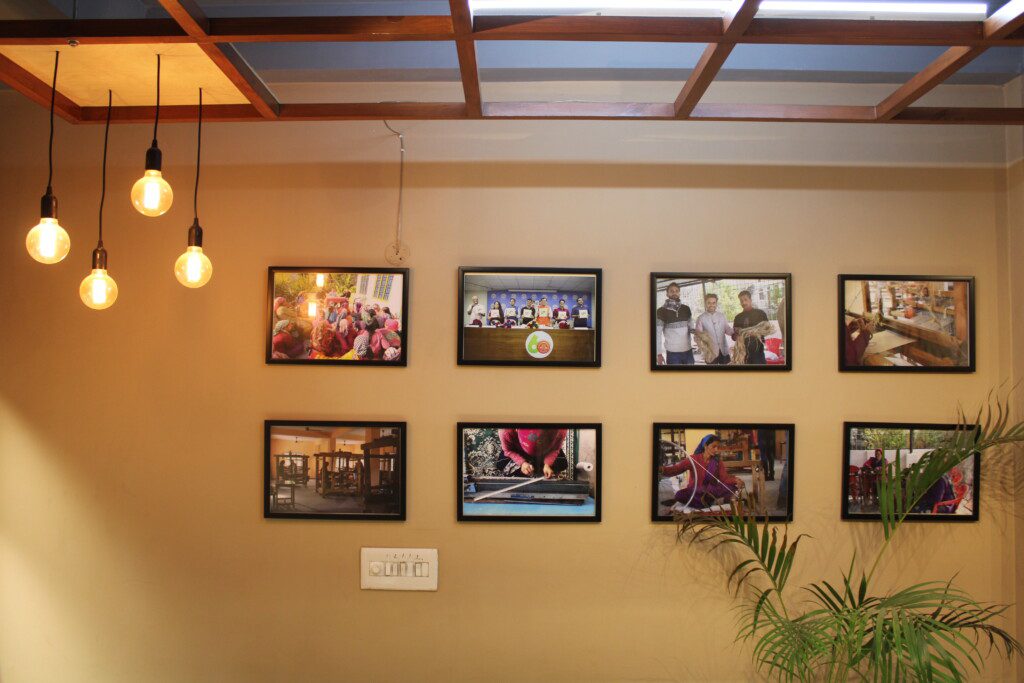
The hemp that makes up our fabric is grown in the remote villages of Uttarakhand. Each piece of fabric is carefully crafted by the local women there, who pour their hearts into every inch. As you hold and wear this fabric, you’ll feel the vision and hope of these artisans. They are working hard to create a positive change for themselves and their communities. Your purchase directly supports their dreams.
Why Hemp Fabric?
Hemp fabric is more than just a textile choice. It’s a revolutionary shift in how we think about fashion and sustainability. Unlike conventional fabrics, hemp is incredibly eco-friendly, durable, and versatile.
Hemp is a natural solution to the world's growing need for sustainable materials. When you choose hemp fabric, you make a conscious decision to protect both the planet and the people on it.
Hemp Awareness
Job Creation
Eco Harvest
With every purchase on this website, you spread love and lessen your carbon footprint.
Feel the fabric and be Repturous by our variety
Hemp Foundation has beautifully combined all of its hemp fabrics into one album called the Hemp Fabric Swatch Book. There are approximately 60 Fine Hemp fabrics included in the swatch book. It mostly contains pure hemp fabrics but it also has hemp cotton blends, hemp and Lycra, Lyocell etc. You can see, touch, and feel our beautiful organic hemp fabrics and other sustainable by yourself.
Each fabric is labeled with a unique Name, Identification code and technical specifications.
Feel free to contact us with any further questions.
Price: $65 + $34 (Shipping Cost Worldwide) = $99
For buying in India, please contact us
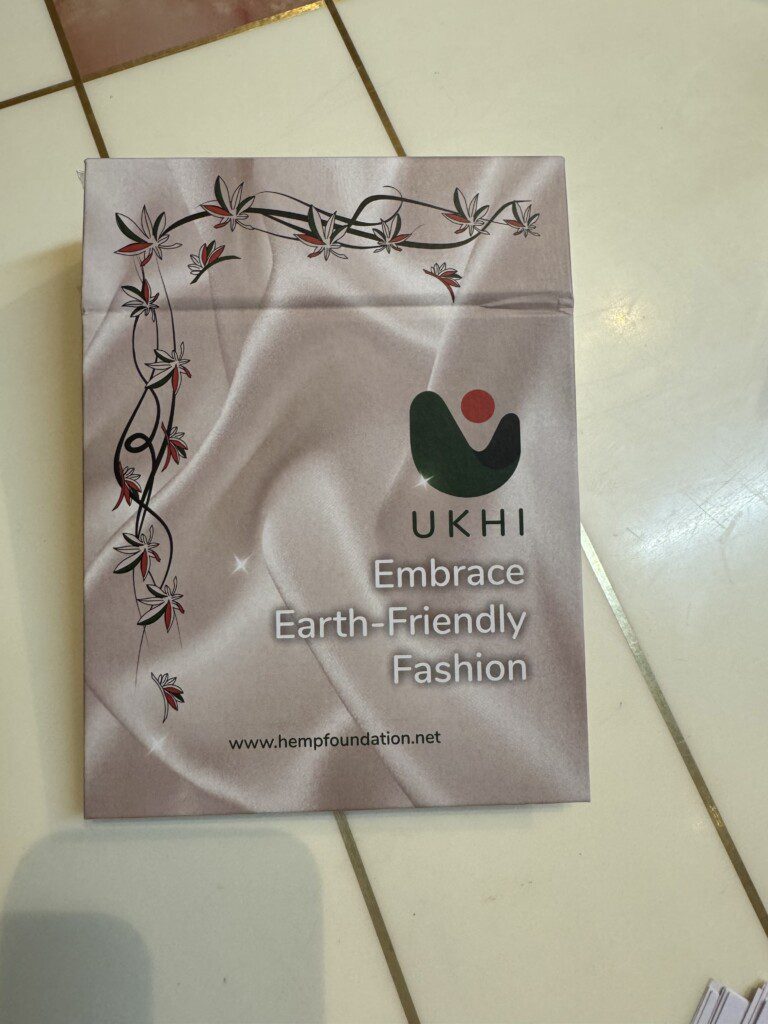
Bulk Hemp Fabric Manufacturer
Hemp Fabric is the future of the clothing industry. The world has awakened to the problems of unsustainable cotton fabric manufacturing practices. If you’re on the hemp fabric bandwagon, you’re heading towards a bright economy of the future.
The world over, environment-conscious as well as fashion-forward users, are lauding the introduction of hemp fabric-based apparel. If you’re looking for a hemp fabric custom Manufacturer, distributor, wholesale, and supplier, Hemp Foundation is your turn key problem solver.
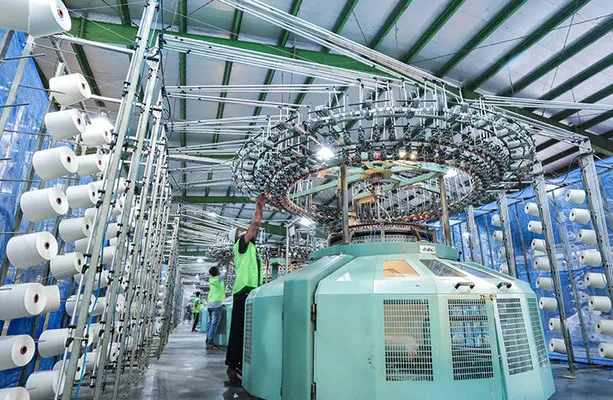
Bulk Hemp Fabric Manufacturer
We differentiate our hemp fabrics from every other hemp fabric supplier by laying immense focus on promoting 100% organic farming practices. The result is organic hemp fabric that looks amazing, feels fabulous, and is durable enough to be used in clothes that will last for years.
A Social Enterprise
Join Hemp Foundation in its mission to reintegrate Uttarakhand’s remote villages in the Indian growth story. We work with farmers with these villages at the grassroots, training them in sowing and cultivating industrial hemp, and empowering them with economic and technological resources for the same. The result – their farmlands become living spectacles of 21st-century agricultural wonder, as they grow world-class industrial hemp. The production of this world class industrial hemp has enabled Hemp Foundation to become a hemp fabric manufacturer, distributor and wholesale supplier.
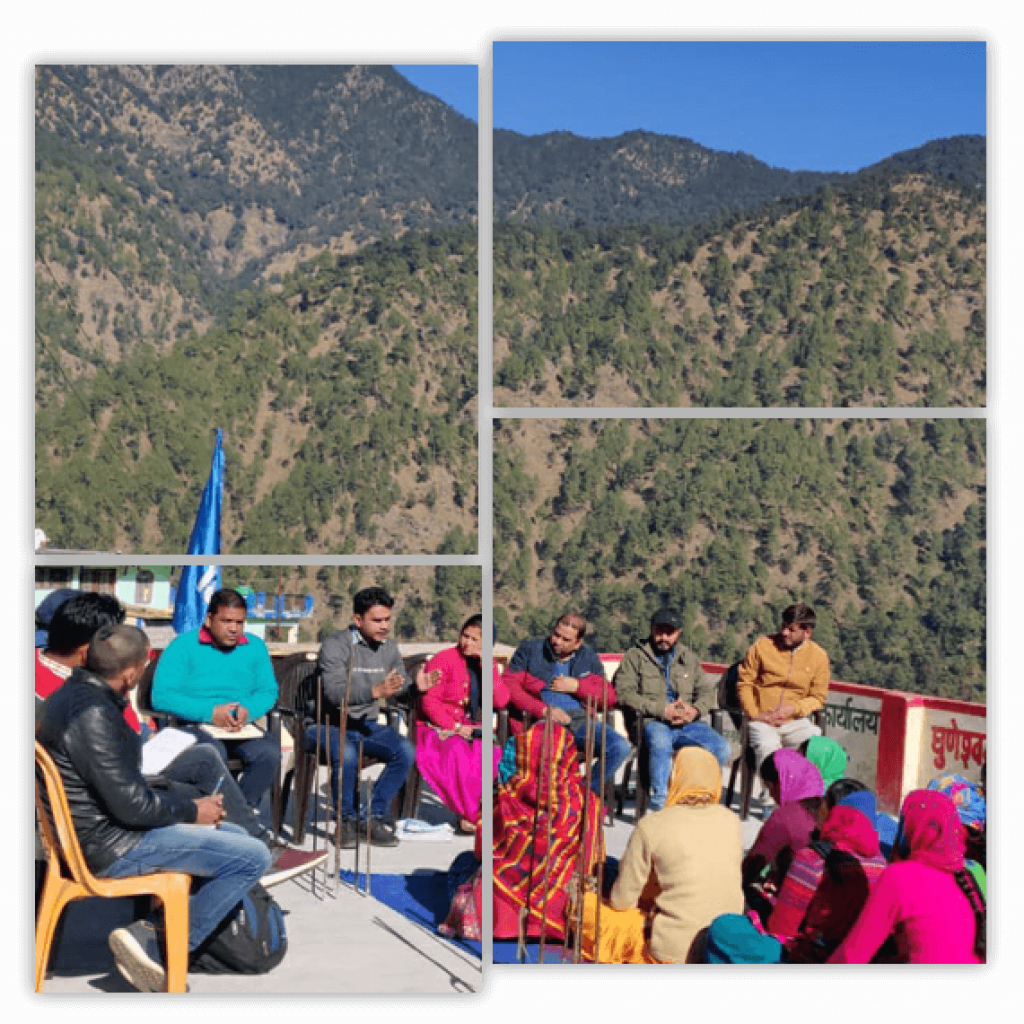
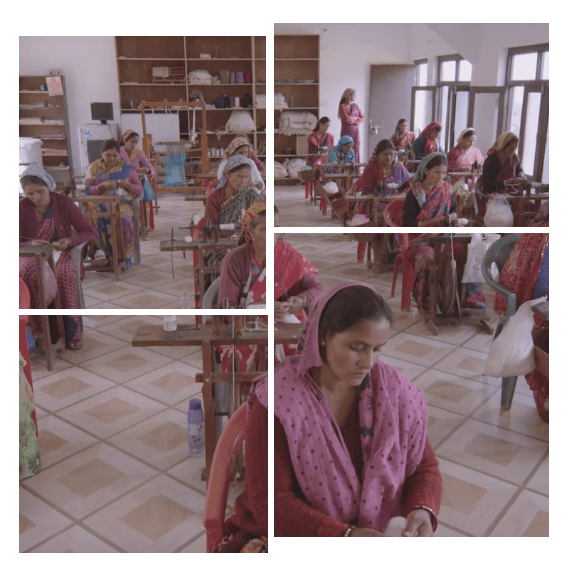
Empowering Rural Uttarakhand's
Our joint venture with Mandakini Weavers makes us one of the few hemp Fabric manufacturer and wholesale services that strive to bring about a positive social change. We encourage women from rural Uttarakhand to learn carding, weaving, sewing, and other skills to create high-quality handlooms which are then sold in the local, domestic, and international markets. This makes Hemp Foundation’s hemp clothing the perfect blend of superlative quality and a positive social impact.
Hemp Studio
Here’s why hemp stands out:
1. Hemp grows with much less water compared to cotton. This makes it an ideal choice for conserving precious resources.
2. Hemp thrives naturally, needing no pesticides or harmful chemicals to grow. That’s one reason why it is better for the environment.
3. Hemp is four times stronger than cotton, making it a durable, long-lasting choice.
4. Hemp is naturally breathable and offers UV resistance. That’s what makes it comfortable and protective.5. Hemp fabric is biodegradable. So it won’t linger in landfills for decades.
6. Unlike many other fabrics, hemp softens with each wash. But it maintains its strength and durability.
How strong is hemp fabric compared to cotton?
Hemp is significantly stronger than cotton, four times as durable, in fact! It’s the perfect choice for clothing that will stand the test of time.
HEMP FAQ
Some Hidden Fact About the Hemp Fabric
A common misconception is that hemp is rough & not suitable for clothing. On the contrary, we have more than 200 types of fabrics made using pure hemp. Many of them are very soft and can be used for men and women’s garments. We also have hemp fabrics for furniture, upholstery, accessories etc. We can even custom manufacture fabric to a particular type of touch and feel. Some premium brands use our fabrics for kids clothing due to its softness and other qualities.
Hemp fabrics can be used for a variety of purposes like garments, home furnishing, upholstery, undergarments, masks and many more use cases. It can also be used for making bags, medical scrubs, caps, curtains, socks etc.
We are a research-led organisation that is the reason we have one of the largest range of high quality fabrics in the world. We keep on innovating sustainable products using hemp. We manufacture the fabrics and in many geographies we do wholesaling and trading as well. We manufacture woven and knit fabrics. We also do custom manufacturing of hemp fabrics.
The fabrics are made in India.
Cotton uses the world’s 25% pesticide and 12% insecticide and uses a lot of water. In developing countries like India, 500 people die every day due to pesticide pollution caused by the cotton Industry. Some states are called cancer Cotton growers are modern day slaves and they have been caught in the capitalist cycle of some big biotech companies. Thousands of farmers commit suicide as they are unable to come out of the vicious cycle of poverty. All their profits go as input cost of buying GMO seeds, pesticides, insecticides and water. The irony is that Cotton is grown in areas where water is scarce. Millions of people are suffering from lack of drinking water and these same people are forced to grow cotton due to economic reasons. There is an entire sea as well as a river which has become dry due to cotton production.
The benefits of hemp are as follows:
- It takes 10 times less water than cotton.
- It does not need pesticides and insecticides so does not contaminate the water table.
- Does not kill those poor humans who get killed to produce fashionable clothing for the world.
- Hemp produces 4 times more fibre than cotton in the same amount of land thud freeing up space for food growing and other uses.
- It is comfortable and breathable to wear.
- It is anti-allergic.
- Hemp is 4 times stronger than cotton.
- Hemp sequesters 10 tons of carbon per hectare of land and rejuvenated land.
- Hemp fabric saves you from UV rays.
- Hemp does not contaminate our rivers and seas and does not kill marine and aquatic life.
Hemp is 4 times stronger than cotton.


